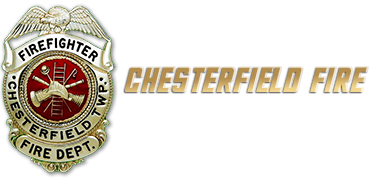As catastrophic winter storms continue to rage across the United States, millions of consumers are without power in dangerously low temperatures. If you use portable generators or other combustion devices for sources of power and heat, you are at increased risk of carbon monoxide (CO) poisoning and fire. Dozens of storm-related fatalities have been reported, including deaths from carbon monoxide (CO) poisoning, after consumers operated generators or charcoal grills inside their homes, or ran cars inside their garages trying to stay warm.
The U.S. Consumer Product Safety Commission (CPSC) is warning consumers to protect themselves against carbon monoxide poisoning and fires. Poisonous carbon monoxide from a portable generator can kill you and your family in minutes. CO is an invisible killer. It’s colorless and odorless. According to the Centers for Disease Control (CDC), more than 400 people die each year in the United States from CO poisoning. CPSC estimates about 70 consumers die each year from CO poisoning caused by portable generators.
Follow CPSC’s safety tips below to help keep your family safe:
PORTABLE GENERATORS:
- Operate portable generators OUTSIDE ONLY, at least 20 feet away from the house; and direct the generator’s exhaust away from the home and any other buildings that someone could enter.
- NEVER operate a portable generator inside a home, garage, basement, crawlspace, shed, or on the porch. Opening doors or windows will not provide enough ventilation to prevent the buildup of lethal levels of CO.
- CO poisoning from portable generators can happen so quickly that exposed persons may become unconscious before recognizing the symptoms of nausea, dizziness or weakness.
SMOKE AND CO ALARMS:
- Press the test button to make sure CO and smoke alarms in your home are working properly, and replace batteries, if needed.
- Install battery-operated CO alarms or CO alarms with battery backup in your home, outside separate sleeping areas, and on each floor of your home.
- Never ignore carbon monoxide and smoke alarms when they sound. Get outside immediately. Then call 911.
CHARCOAL DANGER:
- Never use charcoal indoors. Burning charcoal in an enclosed space can produce lethal levels of carbon monoxide. Do not cook on a charcoal grill in a garage, even with the door open.
CANDLES:
- Use caution when burning candles. Use flashlights instead. If you must use candles, do not burn them on or near anything that can catch fire. Never leave burning candles unattended. Extinguish candles when you leave the room and before sleeping.
Remember, as you deal with the storm’s havoc, stay informed, take action and be safe!
Information Courtesy of the U.S. CPSC
The U.S. Consumer Product Safety Commission (CPSC) is charged with protecting the public from unreasonable risks of injury or death associated with the use of thousands of types of consumer products. Deaths, injuries, and property damage from consumer product incidents cost the nation more than $1 trillion annually. CPSC’s work to ensure the safety of consumer products has contributed to a decline in the rate of deaths and injuries associated with consumer products over the past 40 years.

